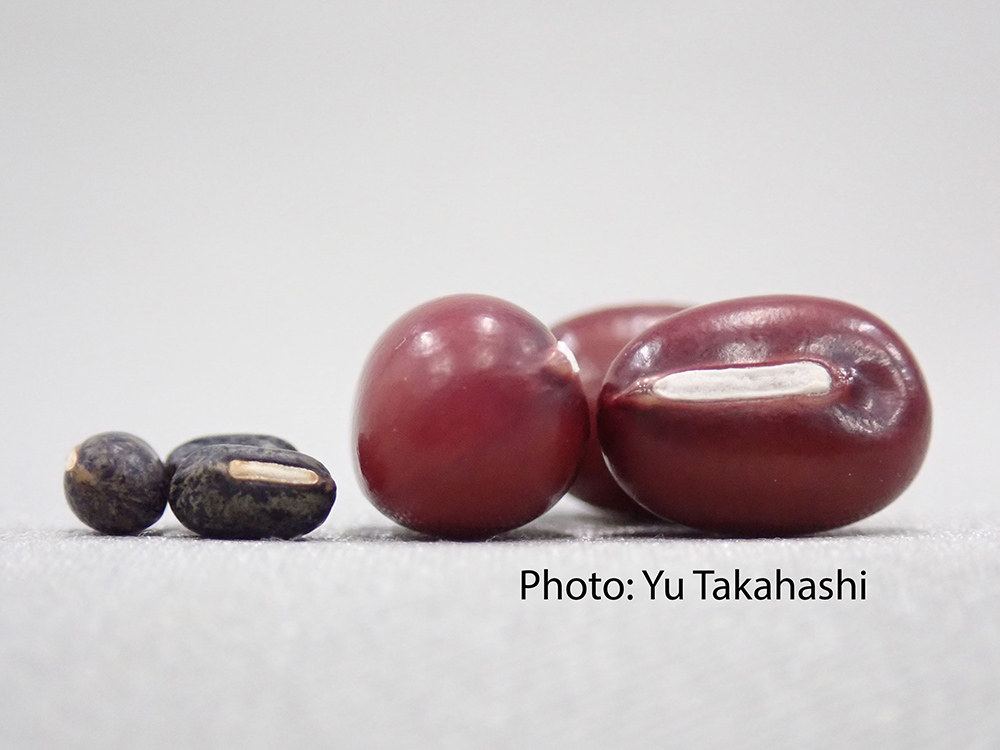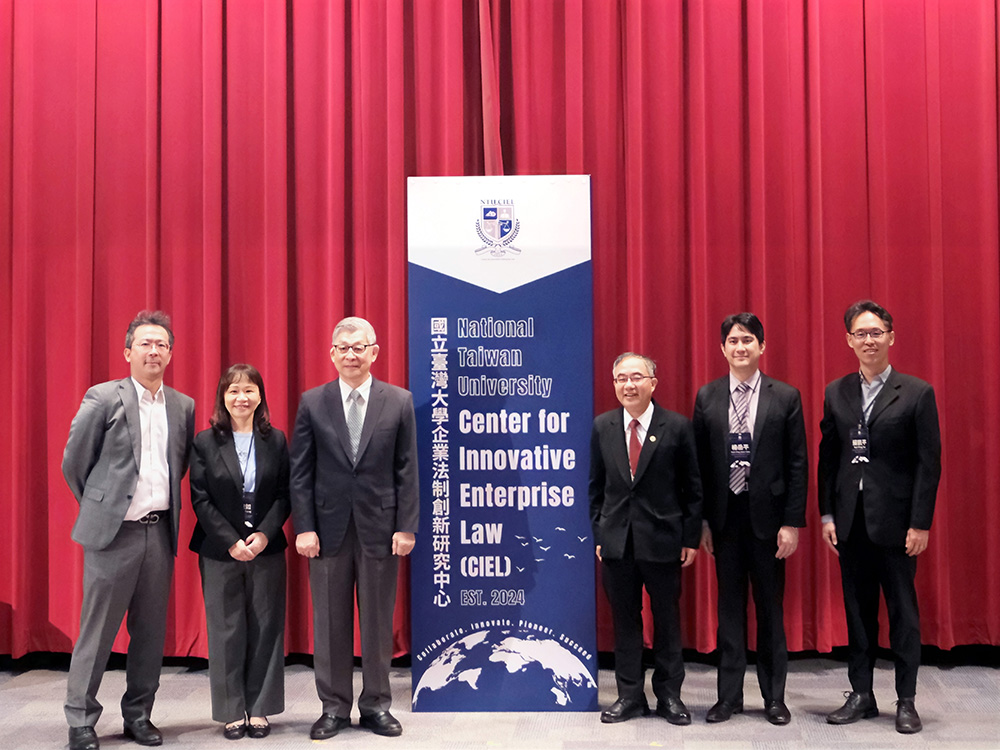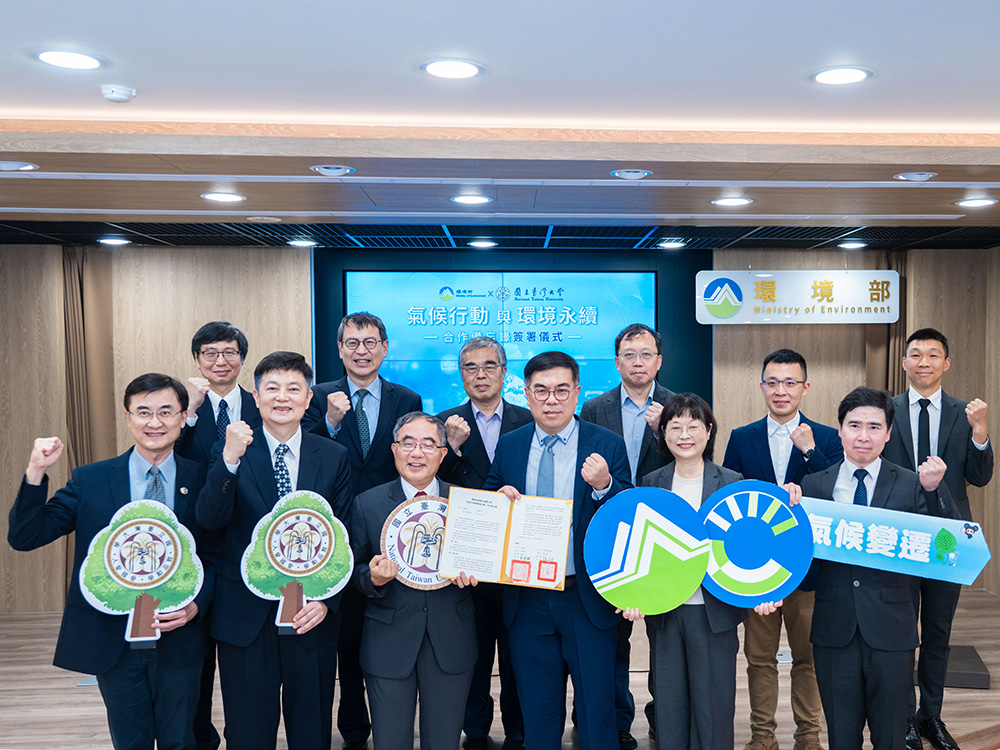
A new milestone for science at NTU: The inauguration of the Max Planck-IAS-NTU Center
瀏覽器版本過舊,或未開啟 javascript
請更新瀏覽器或啟用 javascript
Spotlights
Eco-friendly efficient method for raw biomass conversion into high-value chemicals.
An international team consisting of researchers from Taiwan, Australia, India, and Bangladesh successfully developed an eco-friendly and efficient method for converting raw biomass into high-value chemicals. The study was published in Scientific Reports of Nature Publishing Group in October 2017. Prof. Chia-Wen (Kevin) Wu (吳嘉文) from the NTU Department of Chemical Engineering was among the main collaborators of the study.
Biomass has emerged as a potential alternative to the declining fossil fuel reserves. The production of biomass in the form of crops is very high, which in turn generates large yields of non-edible raw biomass after the edible parts are utilized. Catalytic conversion of non-edible biomass has become the main route for the conversion of biomass into a variety of specialty chemicals and liquid fuels. Currently, many catalytic processes have been developed for the conversion of cellulose, hemicellulose, and lignin into platform chemicals. Converting lignocellulosic biomass into chemicals and biofuel usually requires a two-step method, including first using acids/bases/ILs to pretreat/deconstruct biomass into cellulose, hemicellulose, and lignin, and then converting them into value-added chemicals. The team, however, successfully developed an eco-friendly, sustainable, and efficient method that uses a catalytic amount of recyclable Brønsted acidic ionic liquids (BAILs) to convert raw biomass (e.g., bagasse, rice husk, wheat straw, cotton stalk, corn cob, and low-grade jute) into value-added chemicals (e.g., xylose, arabinose, and furfural) in a one-pot fashion. The use of BAILs as a catalyst would substantially enhance the efficiency of raw biomass conversion. In addition, converting raw biomass into sugar monomers and furfural adds huge value to crop waste, which will create an economic platform for farmers and help generate additional rural income for South Asian countries, where such raw biomass is prevalent and cheap.
Xylose, one of the C5 sugars synthesized in the present method, is among the high-value chemicals identified by the U.S. Department of Energy used for the synthesis of xylonic acid xylitol. In industrial foods, xylonic acid can be used as a replacement for gluconic acid and as a precursor for the synthesis of 1,2,4-butanetirol and polyamides. Xylitol is an excellent artificial sweetener currently used extensively by the confectionary industry, being responsible for the cold, fresh sensation of certain chewing gums. Moreover, xylitol is used for the prevention of dental caries (tooth decay) and in pharmaceutical/cosmetic products such as toothpaste, fluoride tablets, and mouthwashes. Arabinose obtained in this process is categorized as a rare sugar only produced in a small amount from hemicellulose, being used as a chemical for specialty applications and as a food ingredient. In this method, the furfural can also be obtained in a one-pot fashion directly from raw biomass by tuning the reaction conditions. Furfural has many industrial applications, and its further conversion can yield a range of industrially important chemicals. The hydrogenation of furfural produces furfuryl alcohol and tetrahydrofuran, which are known as solvents and starting compounds in the synthesis of a variety of chemicals.
The main collaborators in this project are Dr. Chia-Wen (Kevin) Wu, Professor of Chemical Engineering at NTU, and Dr. Babasaheb M. Matsagar, postdoctoral researcher of the NTU Department of Chemical Engineering. Please refer to the full article, “Direct Production of Furfural in One-Pot Fashion from Raw Biomass Using Brønsted Acidic Ionic Liquids ” in Scientific Reports 2017, 7, 13508.
*Other media coverage:
Indian Express
http://indianexpress.com/article/technology/science/eco-friendly-method-can-turn-raw-biomass-into-high-value-chemicals-pharmaceuticals-5007543/
Taiwan News
https://www.taiwannews.com.tw/en/news/3332482
Taipei Times
http://www.taipeitimes.com/News/taiwan/archives/2018/01/03/2003685113

A new milestone for science at NTU: The inauguration of the Max Planck-IAS-NTU Center

A Distinguished Global Research Center Established at NTU under Trilateral Cooperation

Collaborative study between NTU and Japan uncovers the origin of Adzuki Beans and agriculture in Japan

NTU Launches Center for Innovation in Enterprise Law—with Forum Highlighting Trump’s Policy and Legal Shifts Amid Geopolitical Tensions

NTU and Ministry of Environment Sign MOU to Advance Net-Zero Transition and Environmental Resilience
Current Spotlights